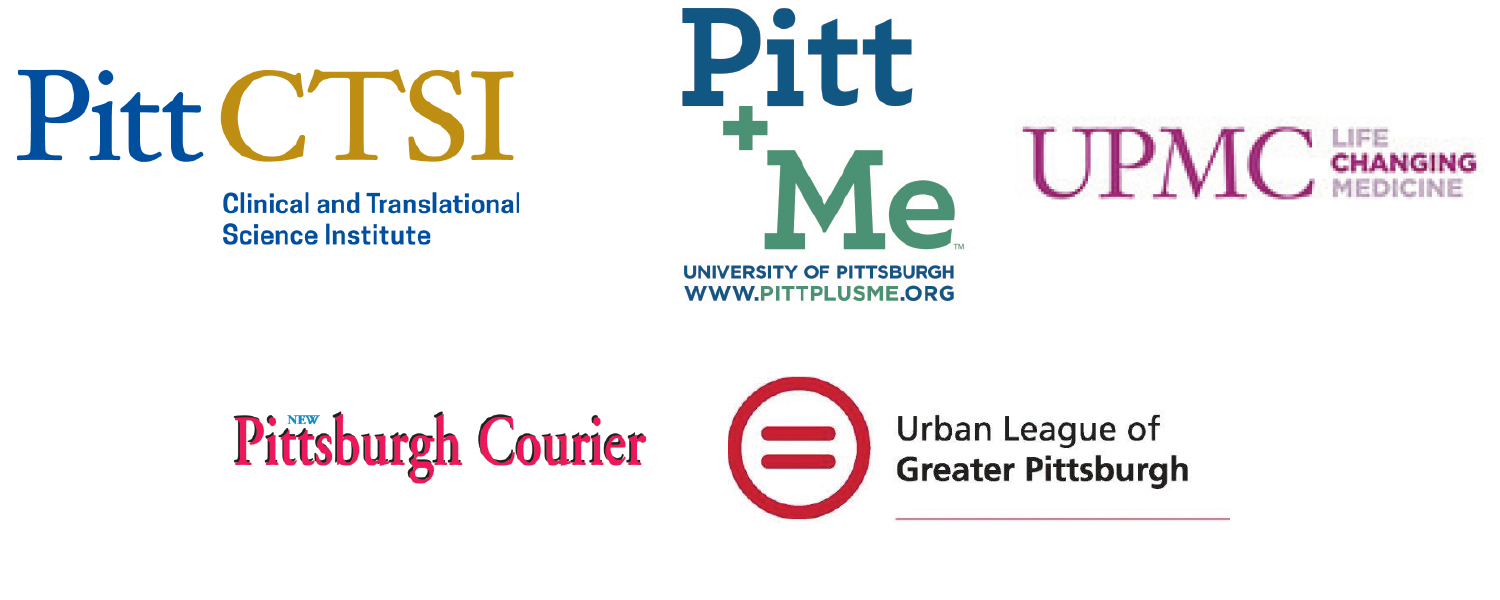Dr. Thuy Bui
The University of Pittsburgh’s School of Medicine (UPSOM) recently submitted a proposal. If it’s approved, it will place qualifying Pitt medical students into 32 community-based organizations (CBOs) that focus on underserved areas of our city.
Called the Community Alliance Program, or CAP, the partnership will engage approximately 150 medical students in learning and practicing how to identify, address — and improve — social determinants of health (SDoH).
“Each group of nine to 10 CAP students will work for and form relationships with a CBO,” explains Dr. Thuy Bui, Professor of Medicine, General Internal Medicine at Pitt.
CAP’s goal is for students to learn and support the organization’s work for the duration of their medical training.
This is the first program of its kind in Pittsburgh to require such a lengthy time commitment. “We want CAP to have a positive impact on our community partners and that can only happen over a period of years,” Dr. Bui notes.
“It takes time for CAP students to understand the CBO and its purpose,” she continues, “and time for them to get to know the community members they’re serving. CBO members, too, need time to build trust in the students.”
Most importantly, it takes time for CAP students to build empathy and appreciation for the conditions that impact patients’ health.
During the four-year commitment, CAP students will identify and intervene on social determinants of health.
They’ll develop community engagement skills and advocate for positive changes to healthcare and social care.
Hopefully, the CAP experience will ultimately translate into each student’s future doctoring skills.
How will it happen? CAP students will learn each patient’s history, conduct a physical, and make an assessment and plan (such as scheduling more tests or prescribing medicine).
The student will then take the next step and determine if social determinants of health may be contributing to the patient’s condition.
Dr. Bui explains. “Let’s say a patient’s blood pressure is higher than normal. Standard treatments, like medicine, exercise, and diet, aren’t lowering it. What else could be contributing to this condition? That’s when the CAP student will ask questions about what’s going on in the patient’s life.”
“By taking the time to listen and understand the patient, the CAP student learns he’s having trouble paying his rent due to a rent hike,” she continues. “That information changes everything! Now the treatment must include medicine, exercise, and diet to lower his blood pressure — and help dealing with his financial stress.”
In this example, the CAP student can advocate on the patient’s behalf by contacting a rent subsidy program – then writing to local and state representatives about the need for affordable housing. The student can also vote for politicians who support these issues.
If CAP is approved, Pitt’s participating students will take an important first step in providing life-changing medicine.
According to Dr. Bui, “They’ll take a truly holistic approach that not only improves the individual’s health, but also adds to the health of the community.”
